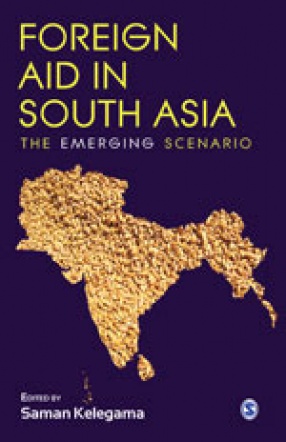
Showing all 6 books
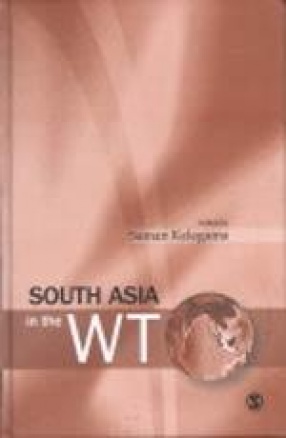

Foreign Aid in South Asia examines the individual South Asian country experience in dealing with foreign aid. The articles in this book show that the effectiveness of foreign aid as a developmental tool over the last few decades has been mixed, and that the Paris Declaration of 2005 has brought about some improvement in aid ownership, harmonization, mainstreaming, utilization, etc. The book examines how emerging as well as less developed South Asian economies are ...
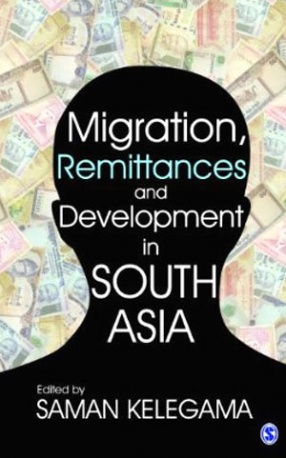
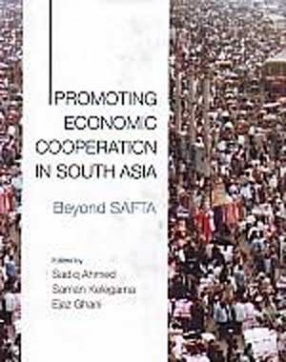
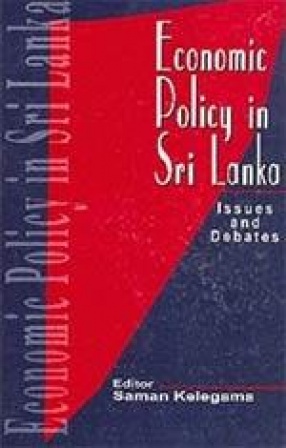
The national planning exercise of the Sri Lankan economy was started in the early 1950s and the economic liberalization exercise was started in the mid-1960s. Both were initiated to support the economic development activities of the country. The chief architect of these initiatives was Gamani Corea, to whom this volume is dedicated. These processes gave rise to an extensive policy debate within the country which culminated in the more radical liberalization of ...
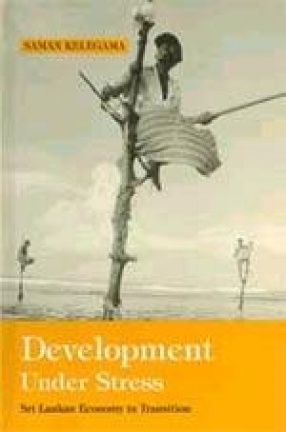
Sri Lanka is credited with being the pioneer of economic liberalization in South Asia. Why, then, is economic progress painfully slow with the outcome being far below the country?s potential? This book examines the process of development and the implementation of reforms in Sri Lanka after the economic liberalization of 1977. The author shows that while part of the story lies in the ongoing conflict in the North-East, which has lasted over 20 yeas, ...

South Asia, with its large population, has emerged as an important player in the WTO and the current negotiations under the Doha Round. Nevertheless, the countries in the region face a formidable challenge in analysing and synthesizing proposals and submissions made by other WTO members. Previous studies have looked at the subject from a WTO issues-based perspective but not necessarily from the country capacity perspective. In this book the contributors examine ...
